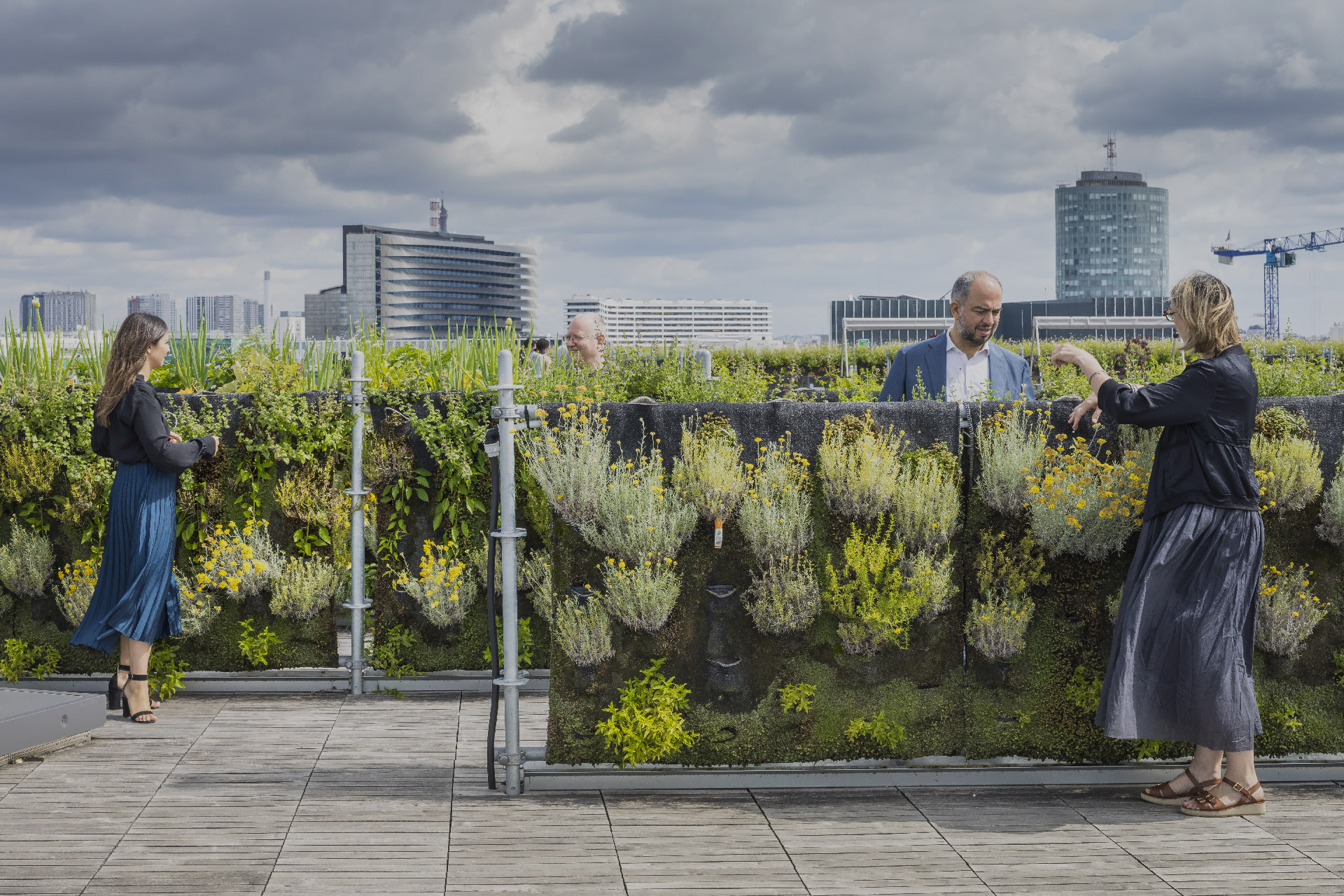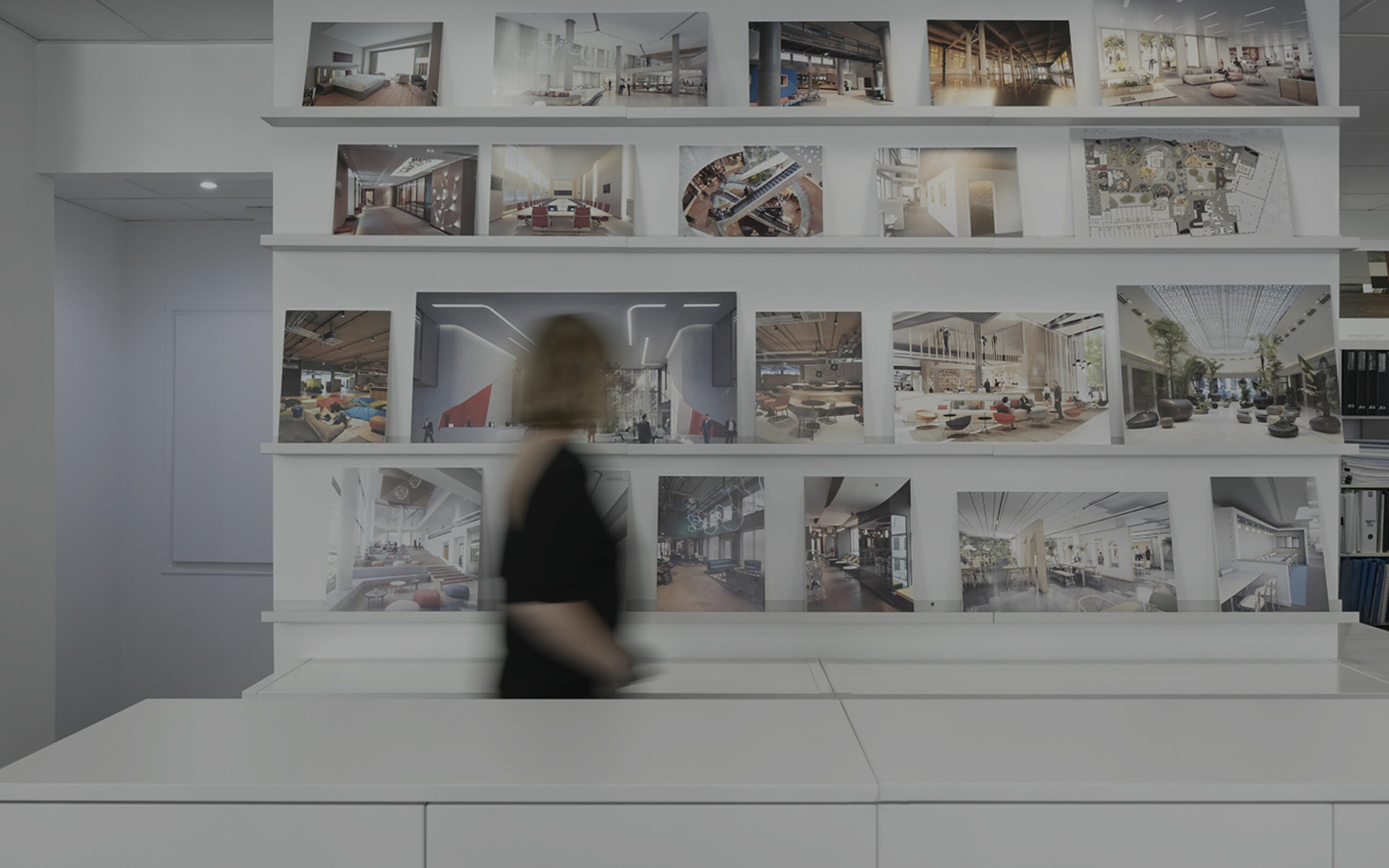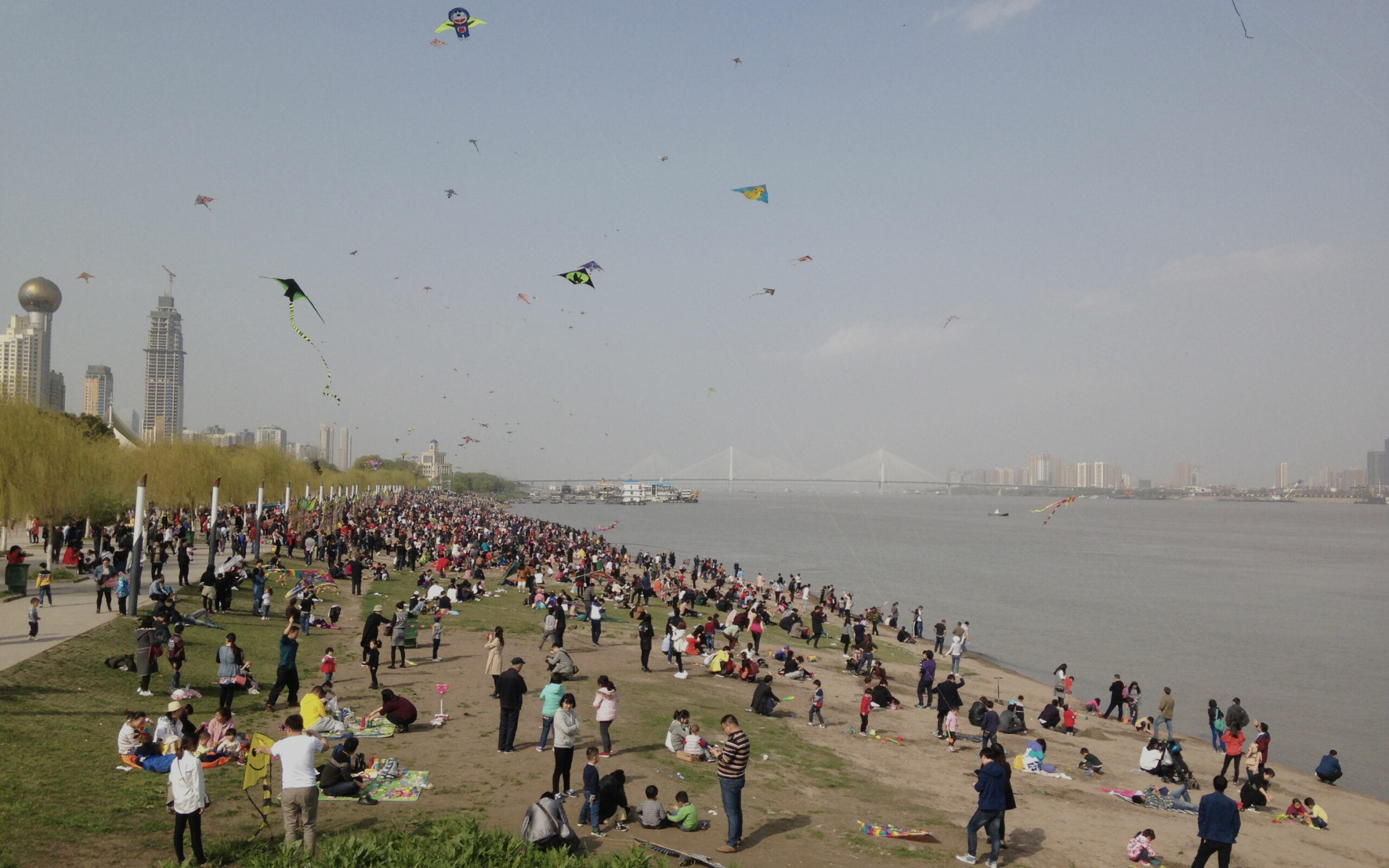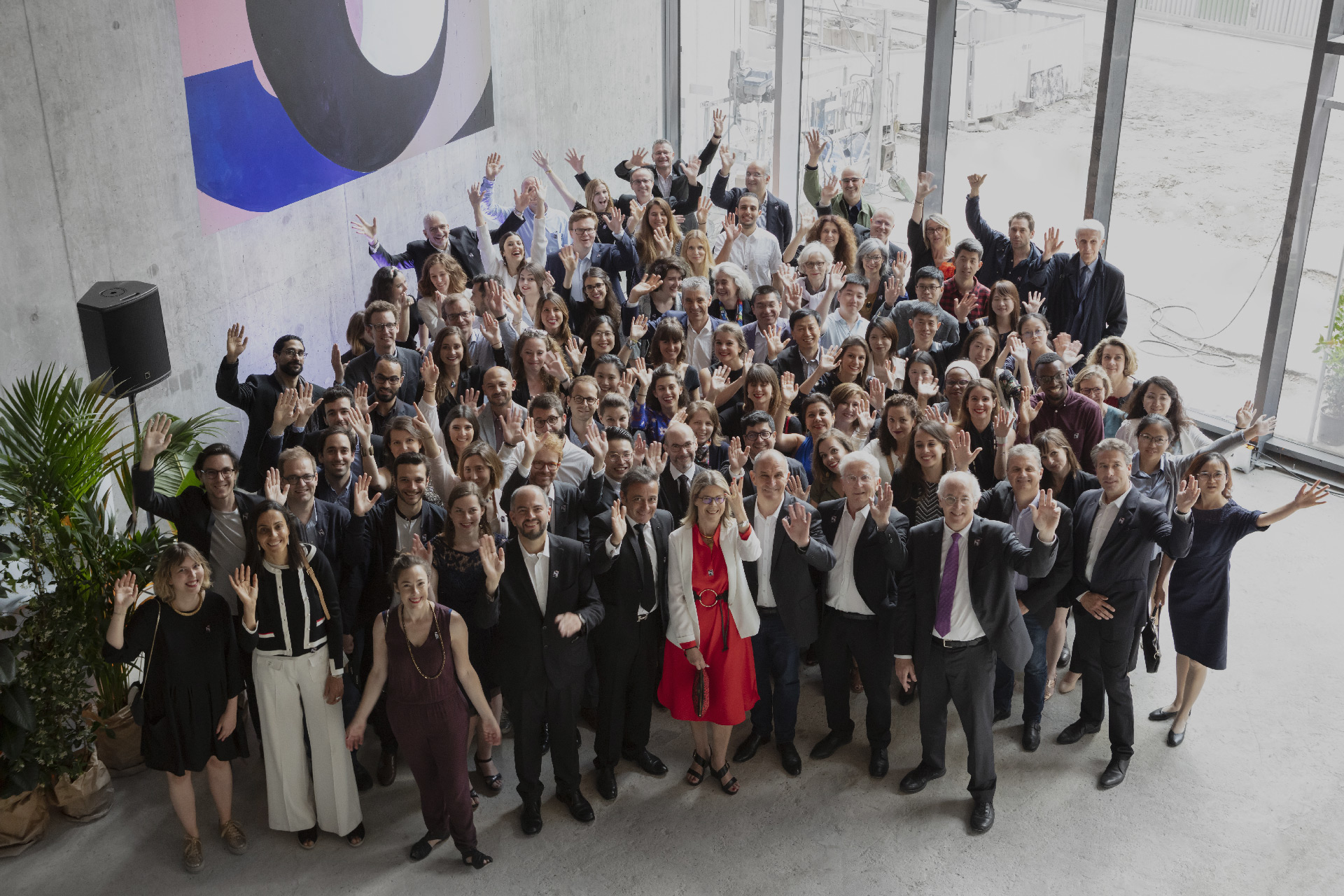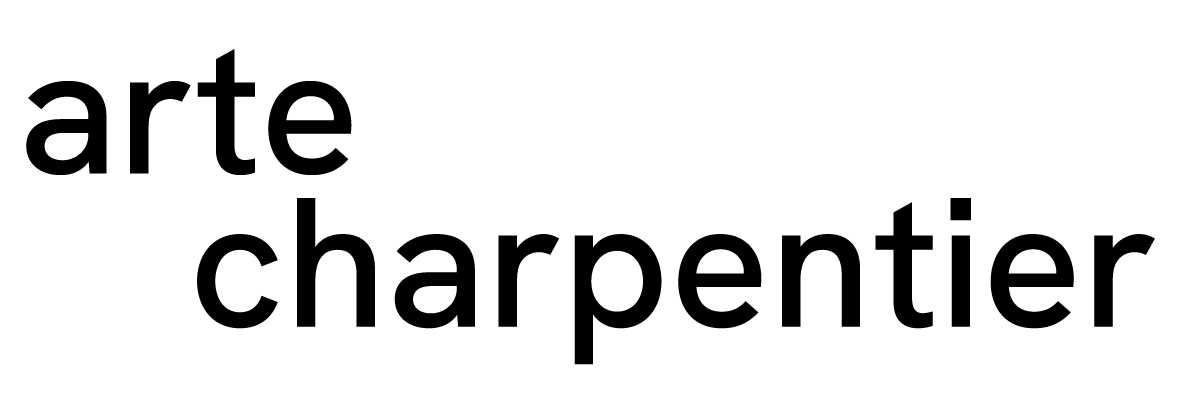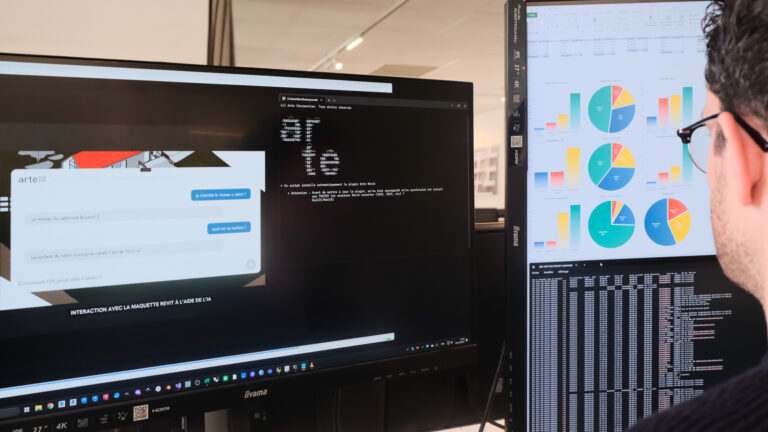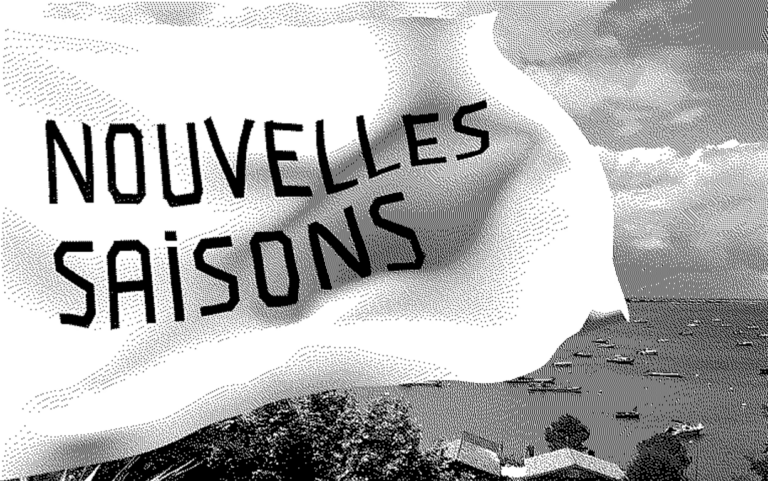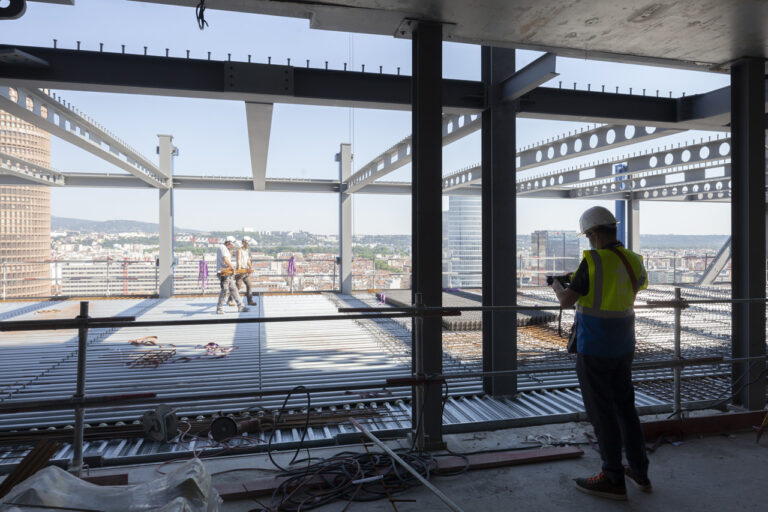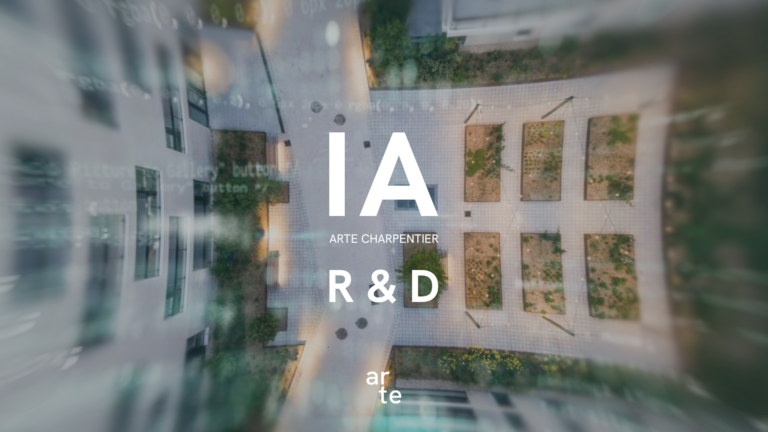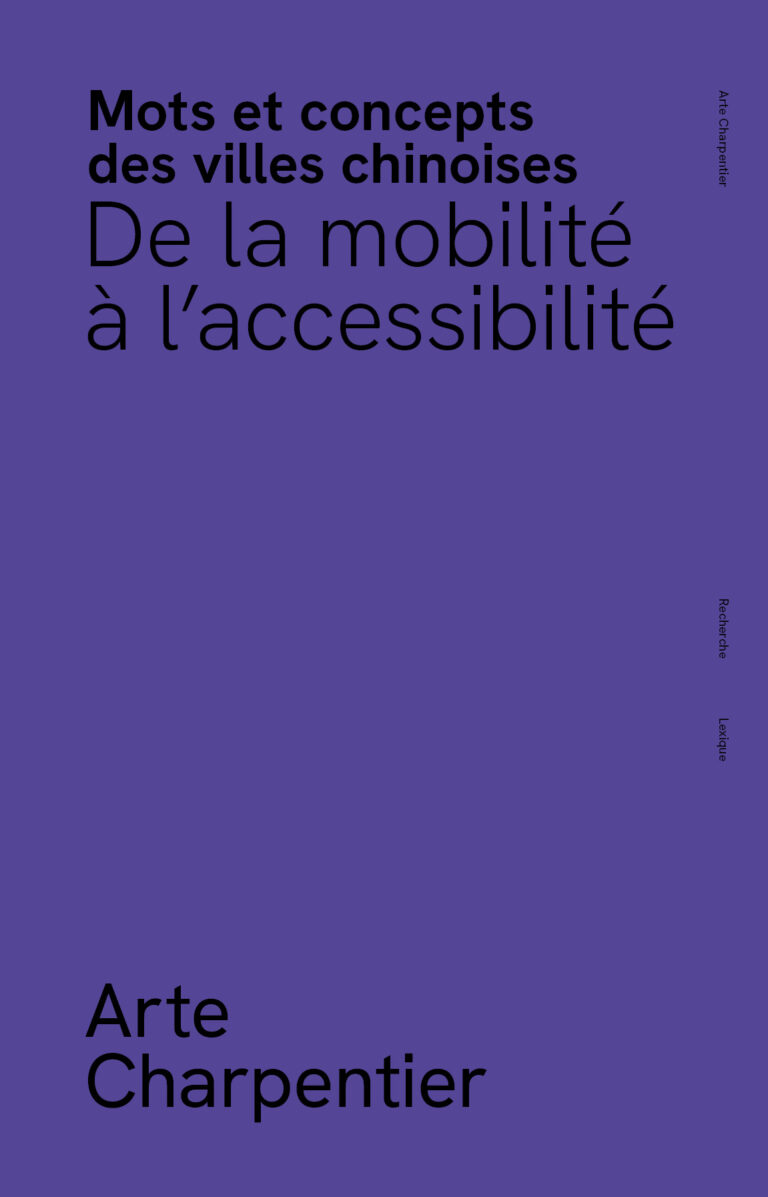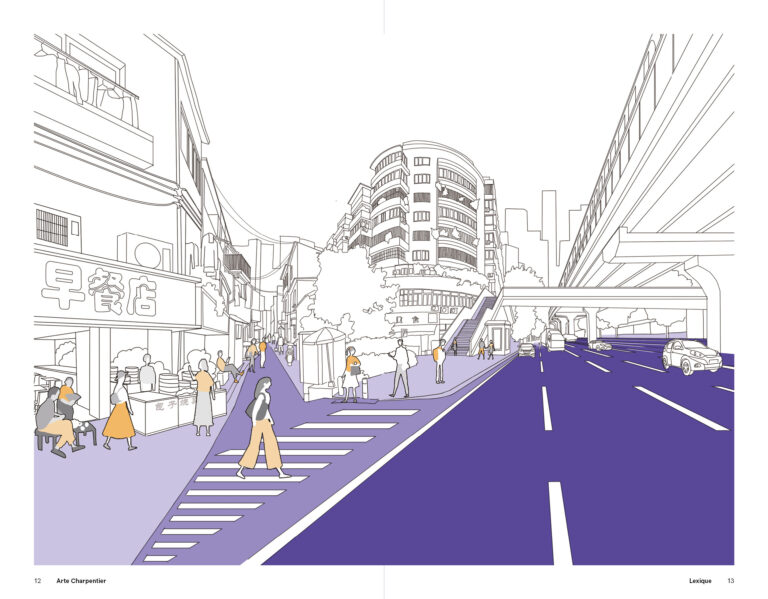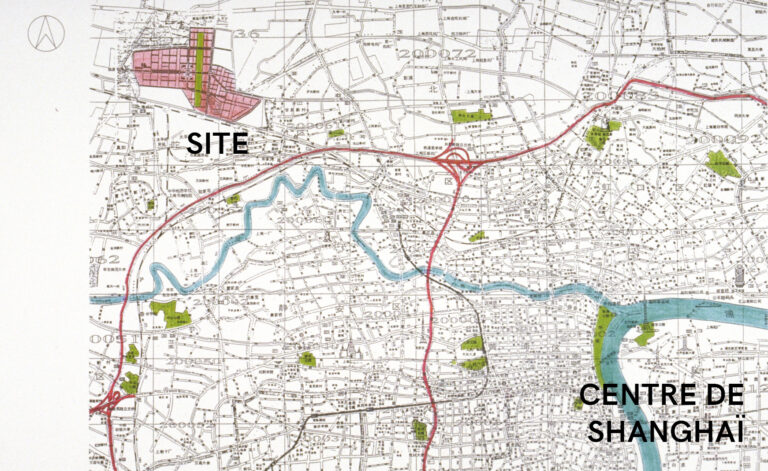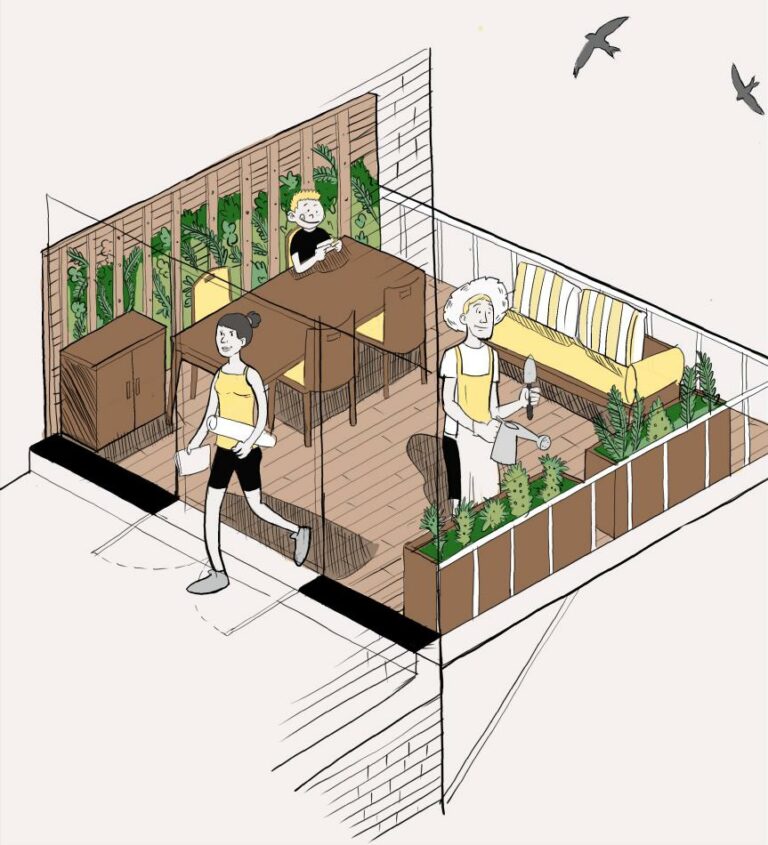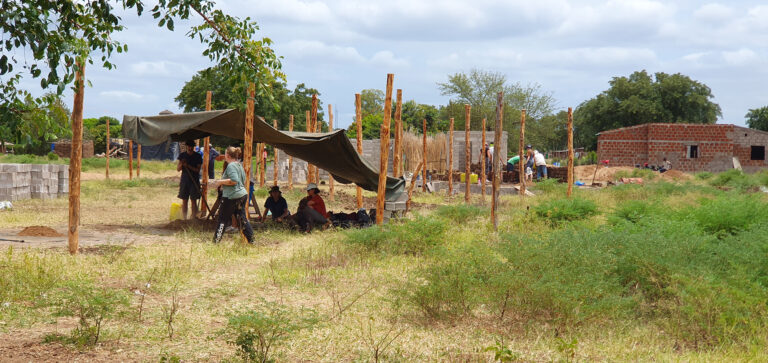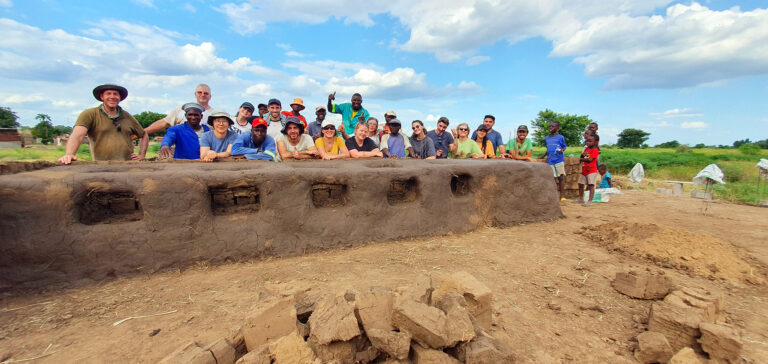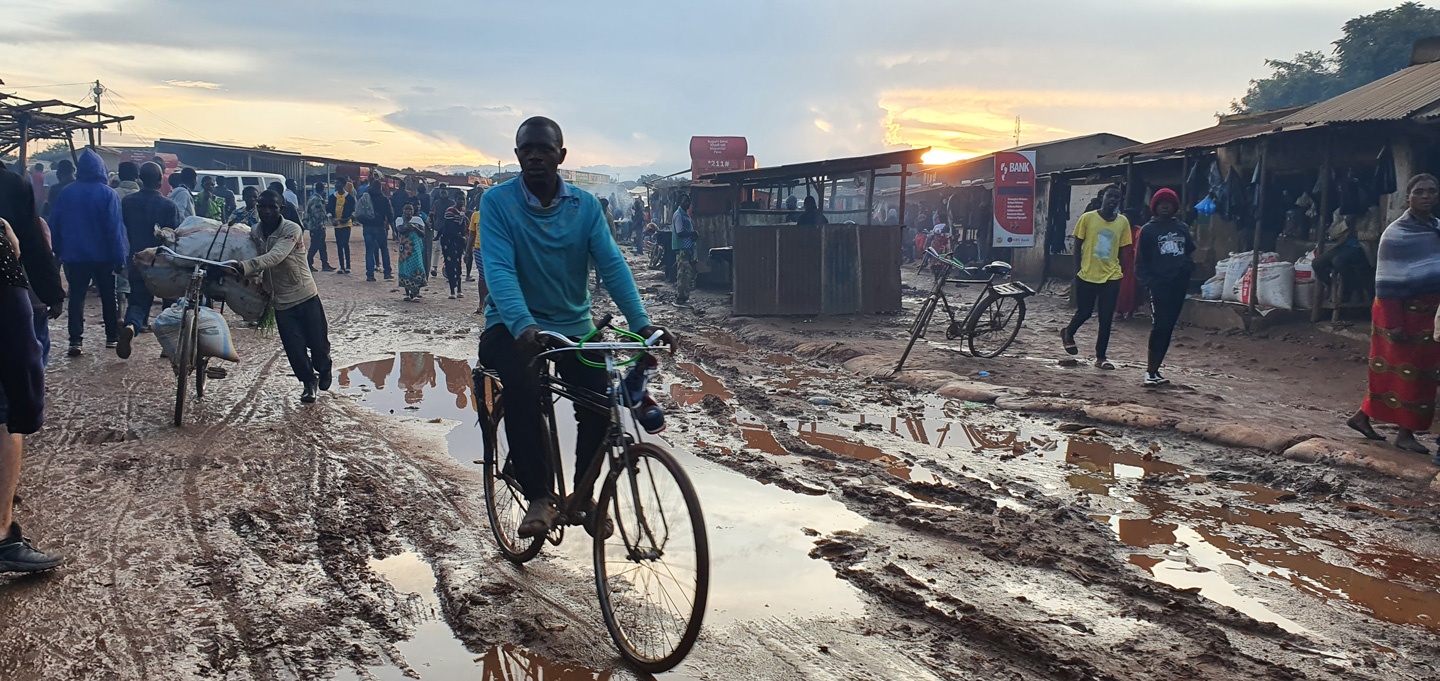
For several years, Arte Charpentier has been involved with associations with various missions, including Architectes solidaires and Rêves de gosse.
The association
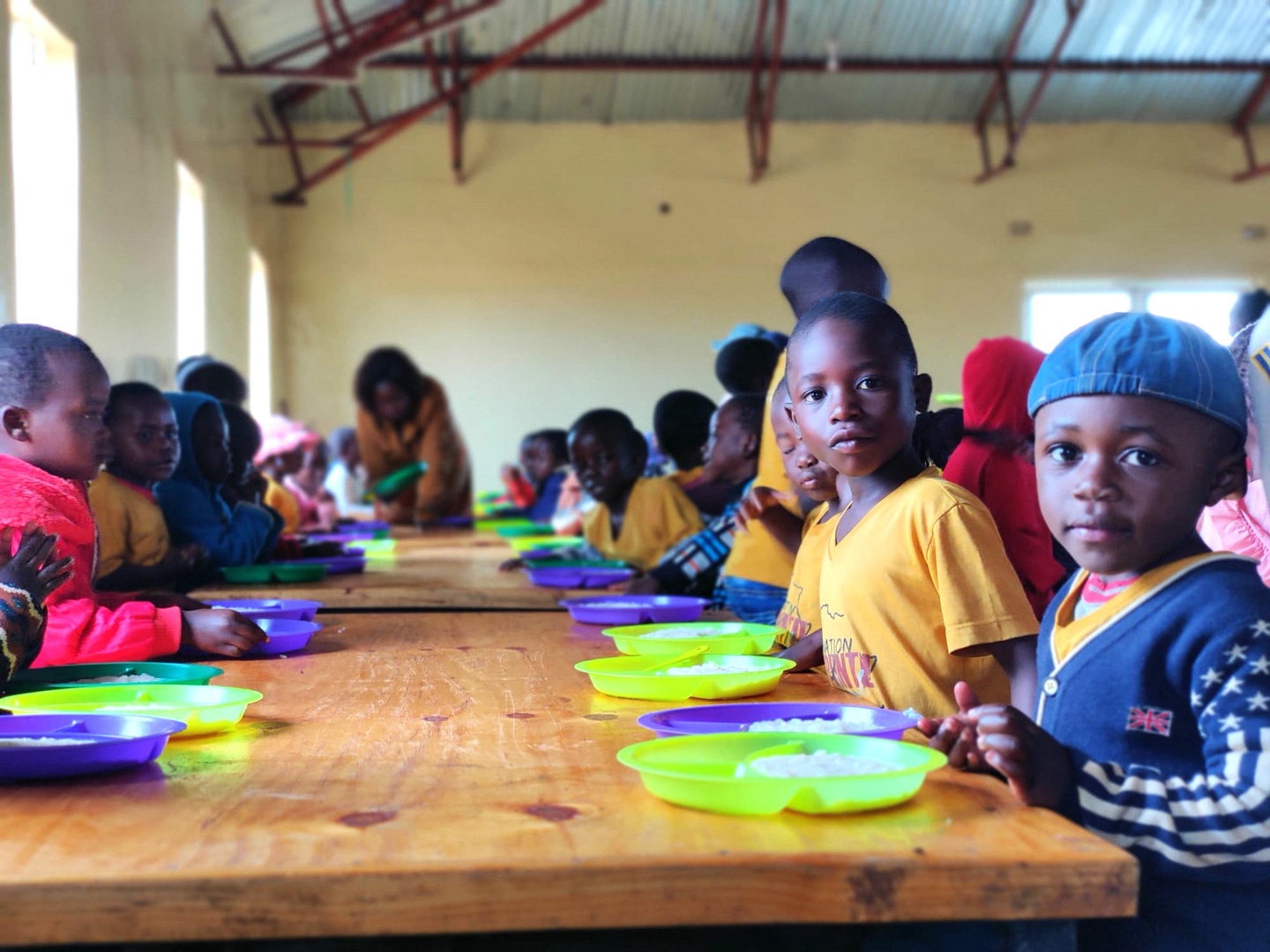
The “Coup de Pouce humanitaire” association, based in Paris, provides ad hoc assistance to partners working for the good of local populations.
“Coup de pouce” works a lot with these populations, largely financing the various construction projects. The volunteers/members of the association (who come from a wide variety of trades, including a handful of architects) go on two-week missions to help build the projects. It is a matter of really getting involved in local life by means of participation.
Why this mission in Malawi?
The mission included the construction of two school classrooms out of the five that make up the project, and the construction of a house to develop a programme of decent, sustainable housing in the refugee camp. The clay brick construction of the house was of great interest to me. All these factors motivated me to go to Malawi and more particularly to the Dzaleka migrant camp, out of the twenty camps proposed by the association.
The country
It’s a 20-hour trip to get to Dzaleka. Malawi is located in the tropical zone of the southern hemisphere, home to an incredible variety of animals (including the Big 5: lions, leopards, elephants, rhinoceros and buffalo). It also has a large lake that covers 20% of its surface area. The lake is exceptionally valued in the country and its southern part is protected by UNESCO. It is home to a very varied fauna, of which crocodiles, hippos, snakes, hundreds of species of fish, worms… In addition to this great diversity of animals, the lake is also conducive to the spread of many diseases. The locals are immune but passing travellers are strongly warned against accessing the lake. Despite the rainy period and intense rains, the UV index causes immediate sunburn (it peaks between 12 and 13, whereas in Paris, the index is 8 in July).
Dzaleka, the refugee camp
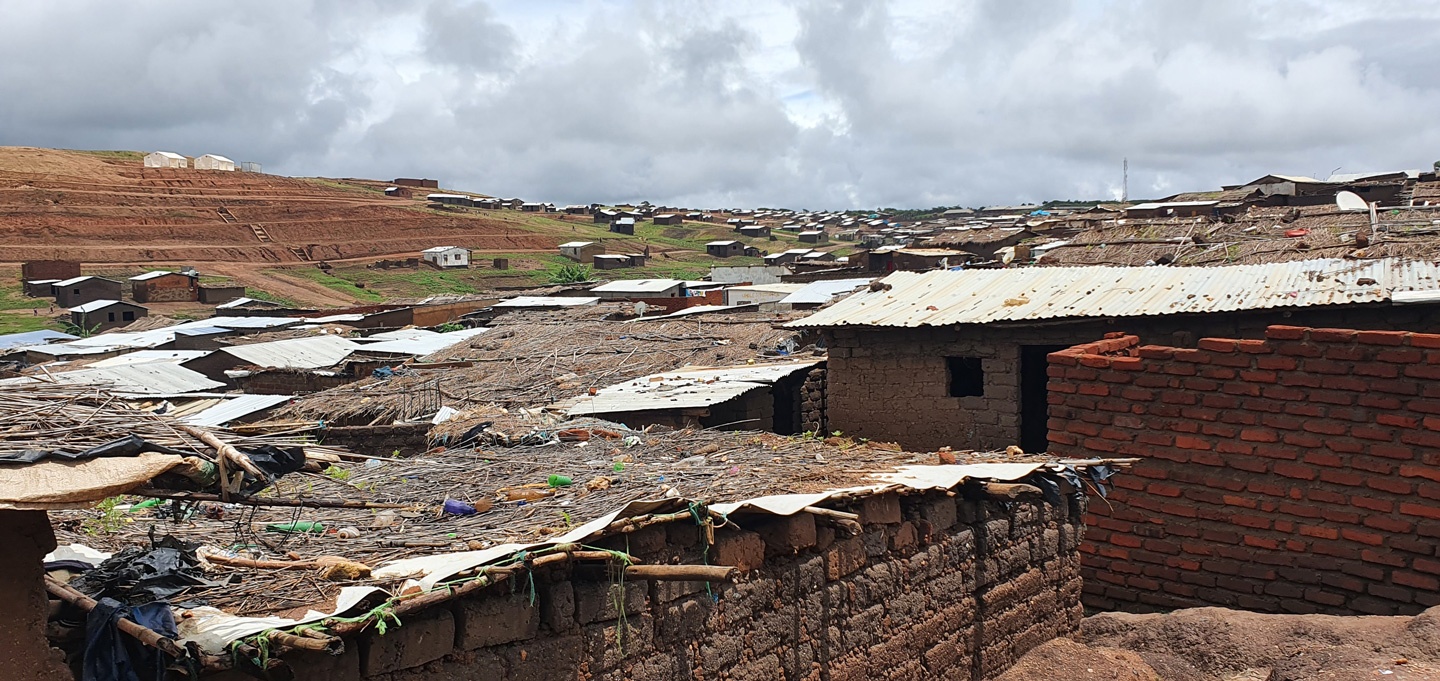
In Dzaleka, in the district of Dowa in central Malawi, there is a refugee camp run by the United Nations High Commissioner for Refugees (UNHCR). This camp, originally designed to accommodate 9,000 refugees, now houses more than 54,000. Every month, between 500 and 700 new refugees arrive. The flow of displacement is continuous. The UNHCR figures for 2021 recorded an increase in the total number of refugees for the fifteenth consecutive year. Uganda, Chad and Sudan feature amongst the countries registering a substantial increase. As is often the case, most refugees have been taken in by neighbouring countries with scarce resources, such as Malawi.
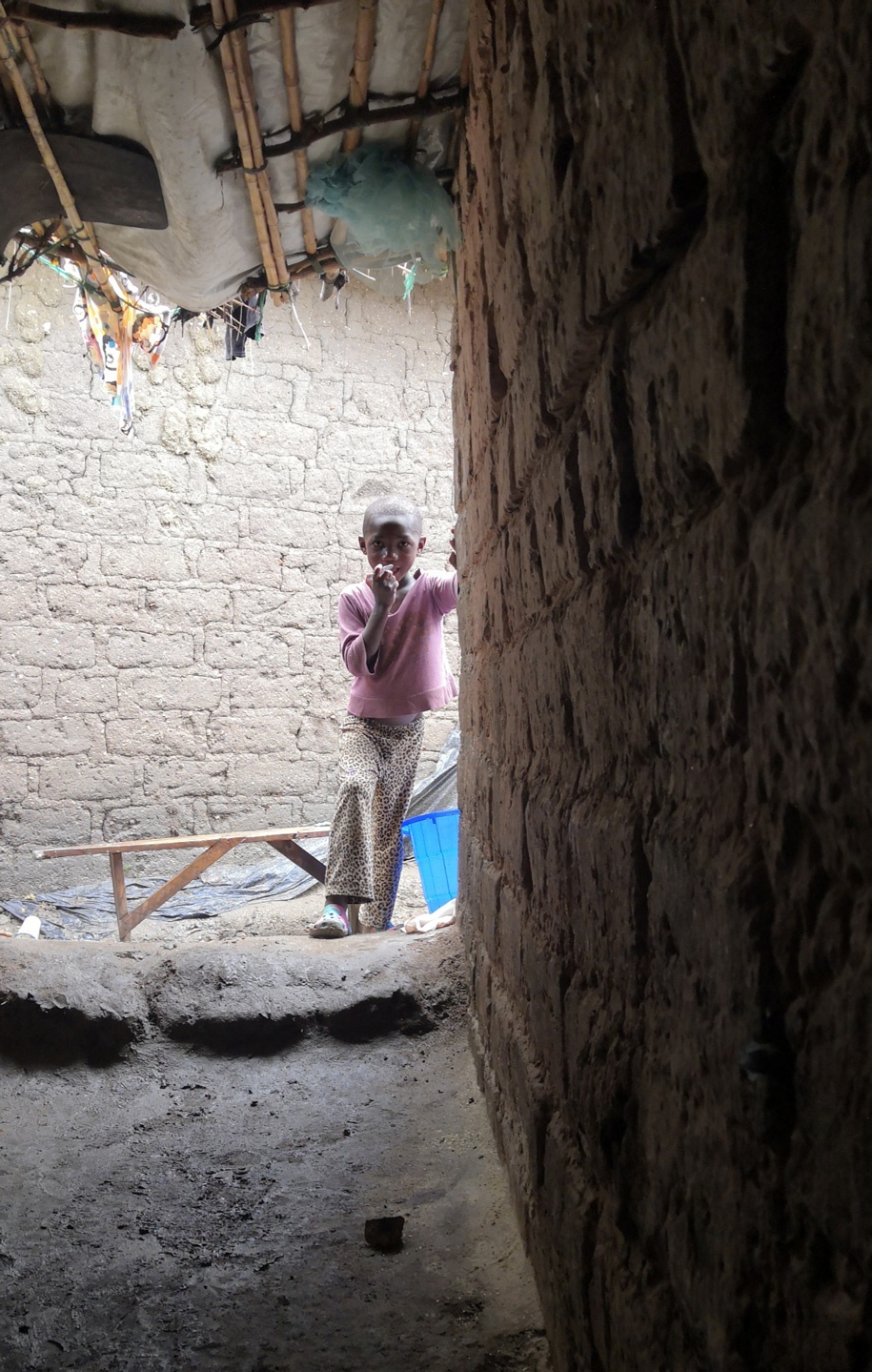
Faced with the urgency of needs, the Brazilian association “Fraternidade sem Fronteiras” (Fraternity without Borders) arrived to develop the project “Nação Ubuntu” (Ubuntu Nation): a project that brings together refugees from different countries, religions and cultures in the “Ubuntu” village, which was created for this reason. This project aims to provide assistance to refugees, both adults and children, by offering meals, managing a reception centre, accompanying the children’s schooling, employing a few refugees, etc.
As members of the “Coup de Pouce Humanitaire” association, we lived in this village, where we were able to meet many children and refugees.
The welcome
Upon arrival, we were transported to a different universe. From the outset we felt important. The vision of welcome is very different from that in Europe. The car that brought us from the airport stopped in the centre of the “village,” where everyone was waiting for us. It was an intensely emotional moment, accompanied by the sound of djembes and African dances, then of the choir, composed of refugee women who particularly moved us.
Despite the language barrier, we quickly established links with the people we rubbed shoulders with on a daily basis, at the construction site or in the village. Chewa and English are the country’s two official languages, but many refugees came from French-speaking countries without having ever officially learned French, so their communication with a Franco-Greek like me often took place in a broken language. I was deeply struck by two people in particular: Peter and Jojo.
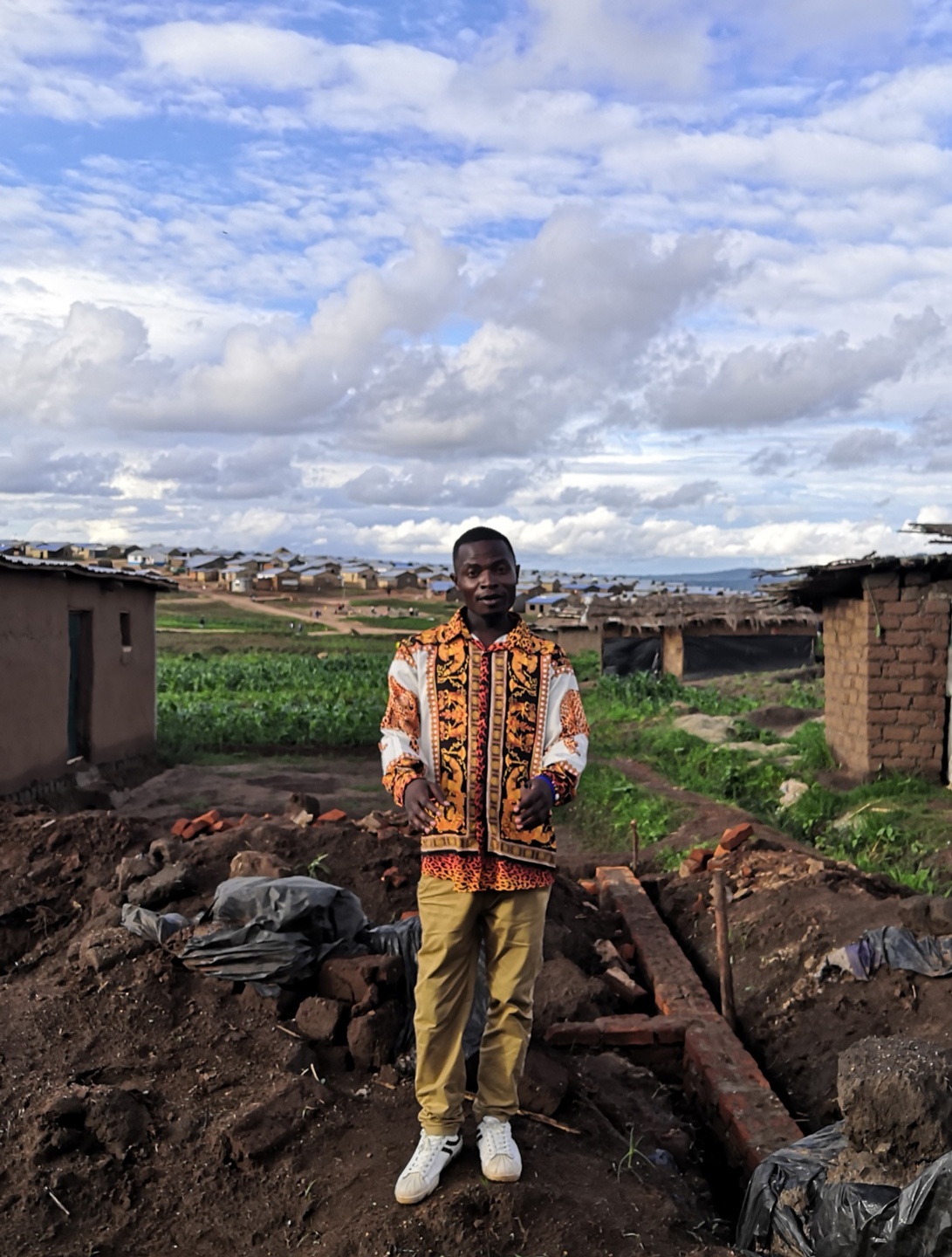
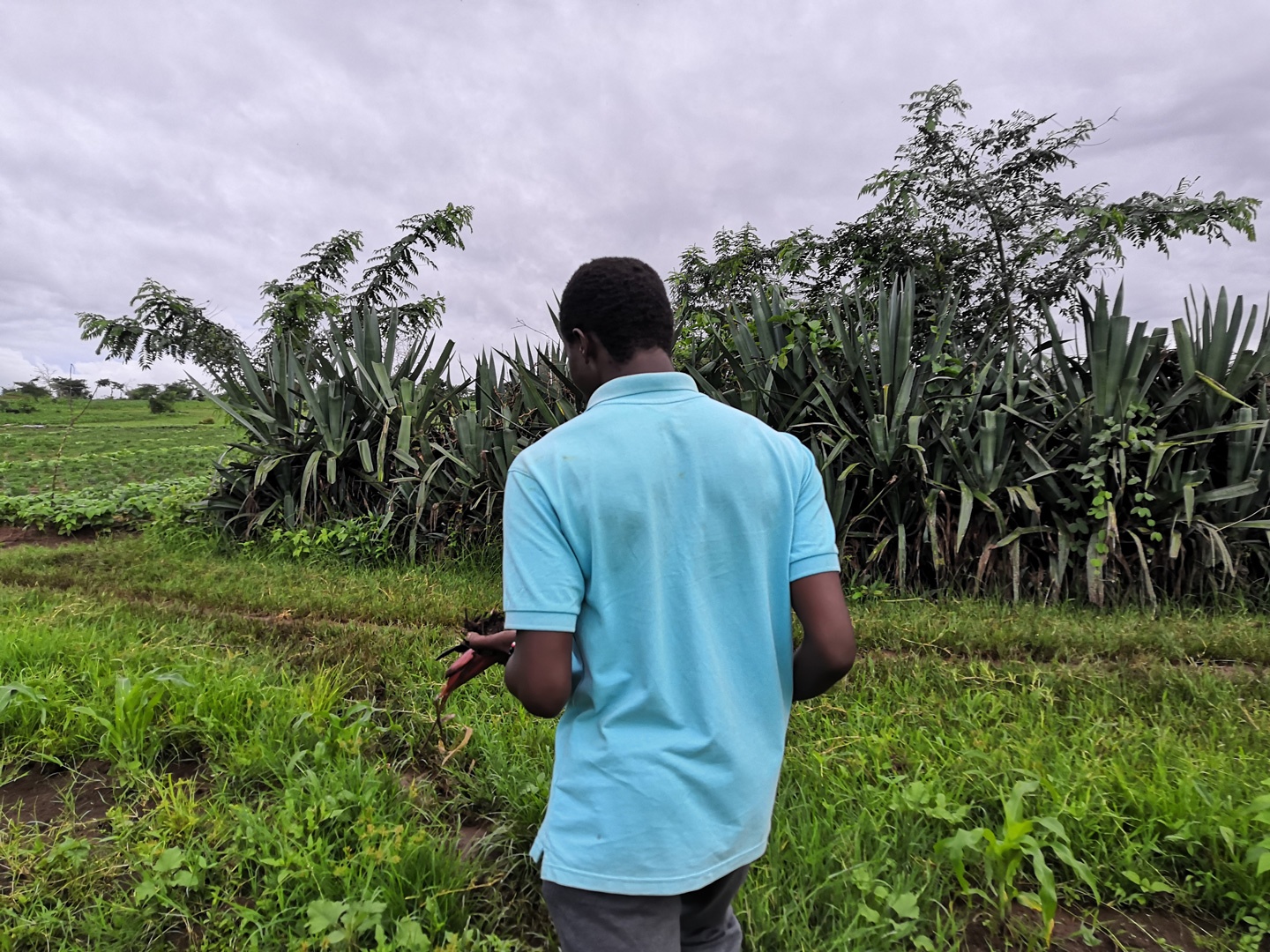
Peter is the intermediary between the UBUNTU village and the refugee camp. He knows a great number of refugees and is aware of families’ living conditions. He is responsible for relaying emergencies to the Brazilian association in order to prioritise the management of families or individuals. Very quickly, we were able to share personal reflections on many topics.
Jojo is in charge of the garden. An energetic all-rounder, he has an empirical understanding of agriculture. The cultivation of vast fields allows 250 school children to eat twice a day, which is often the only time they do eat. He told me about banana growing and thanks to his explanations, I have been watching the banana tree he gave me in Malawi growing in my living room since I got back.
The two refugees lived with us and shared their painful stories. These stories made me relativise the importance of my own daily concerns.
-
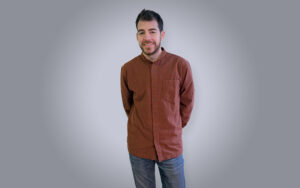
Evangelos Batagiannis Architecte
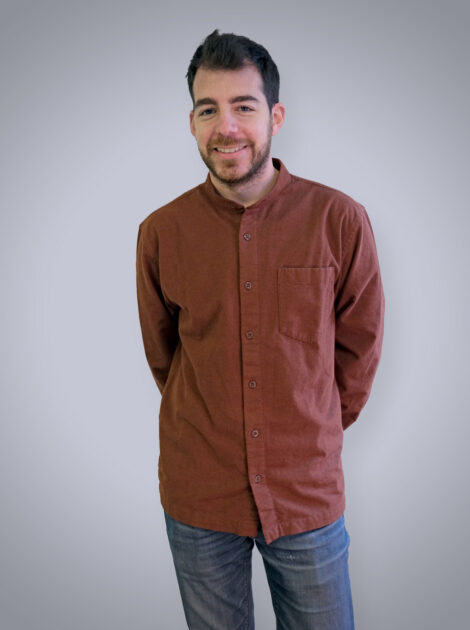
FORMATION
Architecte H.M.O.N.P. – Ecole Nationale Supérieure d’Architecture de Paris la Villette (2016)
Architecte D.E. – Ecole Nationale Supérieure d’Architecture, Paris Val de Seine (2015)
Licence d’Architecture – école Nationale Supérieure d’Architecture de Paris val de seine (2012)
SEMINAIRE
«Patrimoine ancien, moderne et contemporain» – François Gruson
